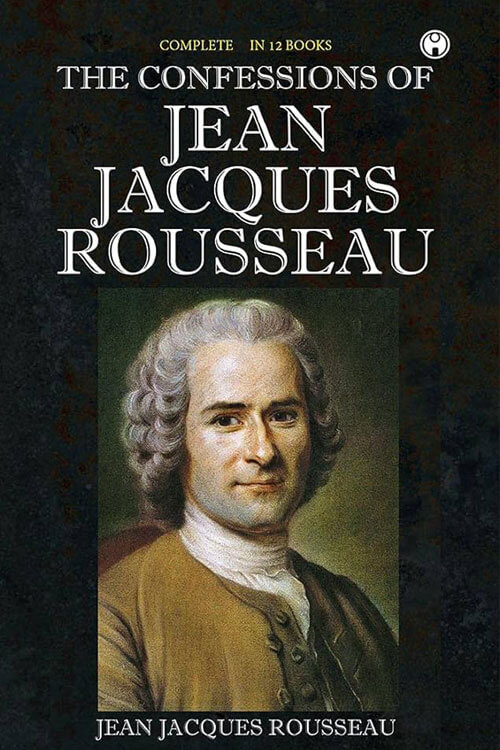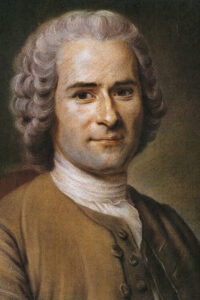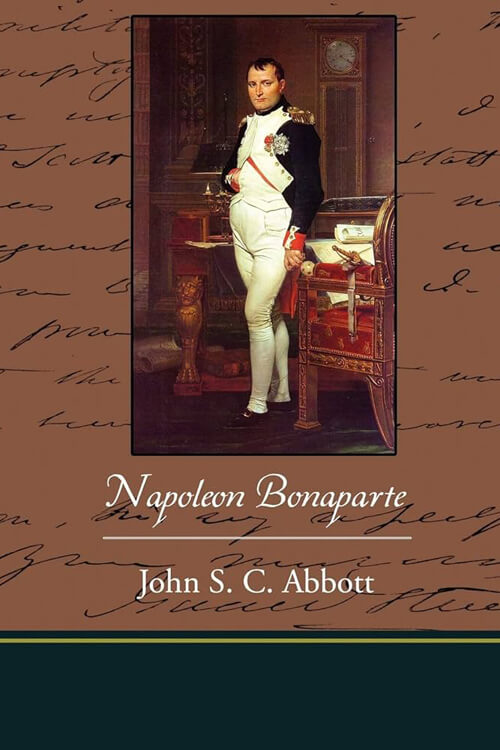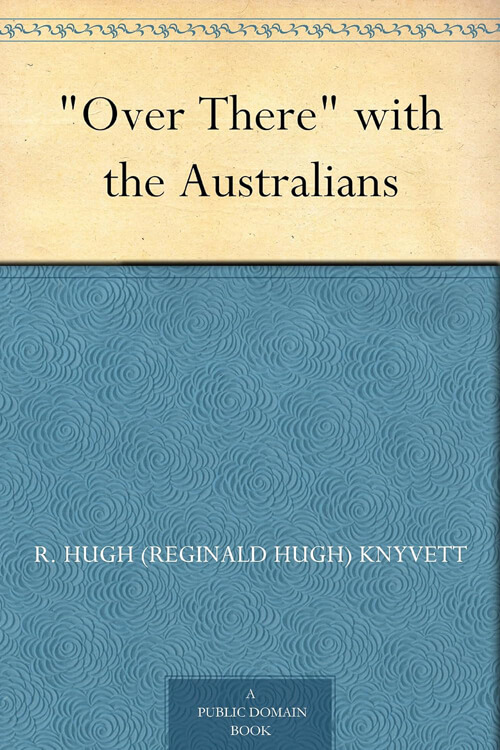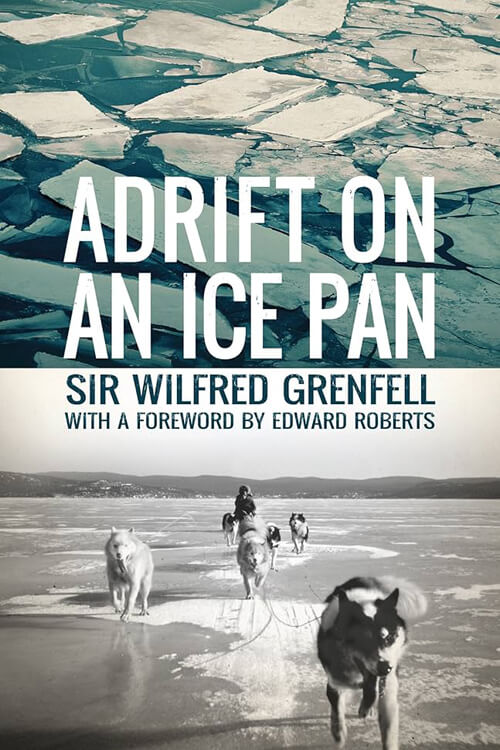
The Confessions
As Miss Lambercier felt a mother’s affection, she sometimes exerted a mother’s authority, even inflicting on us the punishment of infants when we deserved it. She had often threatened it, and this threat of a treatment entirely new appeared to me highly dreadful, but I found the reality much less terrible than the idea. What is still more unaccountable is that this punishment increased my affection for the person who had inflicted it.
All this affection, aided by my natural mildness, was scarcely sufficient to prevent my seeking, by fresh offences, a return of the same chastisement, for a degree of sensuality had mingled with the smart and shame, which left more desire than fear of a repetition. I was well convinced the same discipline from her brother would have produced a pretty contrary effect, but this was not probable from a man of his disposition. If I abstained from meriting correction, it was merely from a fear of offending Miss Lambercier, for benevolence, aided by the passions, has ever maintained an empire over me which has given law to my heart.
Read or download Book
Jean-Jacques Rousseau
Jean-Jacques Rousseau (28 June 1712 – 2 July 1778) was a Genevan philosopher (philosophe), writer, and composer. His political philosophy influenced the progress of the Age of Enlightenment throughout Europe, the aspects of the French Revolution, and the development of modern political, economic, and educational thought.
His Discourse on Inequality argues that private property is the source of inequality. The Social Contract outlines the basis for a legitimate political order and is the cornerstone of modern political and social thought. Rousseau’s sentimental novel Julie, or the New Heloise (1761) was essential to the development of preromanticism and romanticism in fiction. His Emile, or On Education (1762), is an educational treatise on the individual’s place in society. Rousseau’s autobiographical writings—the posthumously published Confessions (completed in 1770), which initiated the modern autobiography, and the unfinished Reveries of the Solitary Walker (composed 1776–1778)—exemplified the late 18th-century “Age of Sensibility”, and featured an increased focus on subjectivity and introspection that later characterized modern writing.
Biography
Youth
Rousseau was born in Geneva, which was at the time a city-state and a Protestant associate of the Swiss Confederacy (now a canton of Switzerland). Since 1536, Geneva had been a Huguenot republic and the seat of Calvinism. Five generations before Rousseau, his ancestor Didier, a bookseller who may have published Protestant tracts, had escaped persecution from French Catholics by fleeing to Geneva in 1549, where he became a wine merchant.
Rousseau was proud that his family, of the moyen order (or middle class), had voting rights in the city. Throughout his life, he generally signed his book, “Jean-Jacques Rousseau, Citizen of Geneva.” The citizens were a minority of the population compared to the immigrants (“inhabitants”) and their descendants (“natives”).
Early adulthood
When Rousseau reached 20, de Warens took him as her lover while also intimate with the steward of her house. The sexual aspect of their relationship (a ménage à trois) confused Rousseau and made him uncomfortable, but he always considered de Warens the greatest love of his life. A rather profligate spender, she had an extensive library and loved to entertain and listen to music. She and her circle, comprising educated Catholic clergy members, introduced Rousseau to the world of letters and ideas. Rousseau had been an indifferent student, but during his 20s, marked by long bouts of hypochondria, he applied himself in earnest to studying philosophy, mathematics, and music. At 25, he came into a small inheritance from his mother and used a portion of it to repay de Warens for her financial support of him. At 27, he took a job as a tutor in Lyon.
Legacy
Rousseau’s idea of the volonté générale (“general will”) was not original but belonged to a well-established technical vocabulary of juridical and theological writings at the time. The phrase was used by Diderot and Montesquieu (and by his teacher, the Oratorian friar Nicolas Malebranche). It designed the common interest embodied in legal tradition as distinct from and transcending people’s private and particular interests at any specific time. It displayed a relatively democratic ideology, as it declared that the citizens of a given nation should carry out whatever actions they deem necessary in their sovereign assembly.
Final years
In 1766, Rousseau impressed Hume with his physical prowess by spending ten hours at night on the deck in severe weather during the journey by ship from Calais to Dover while Hume was confined to his bunk. “When all the seamen were almost frozen to death…he caught no harm…He is one of the most robust men I have ever known,” Hume noted. His urinary disease had also been greatly alleviated after he stopped listening to the advice of doctors. At that time, notes Damrosch, it was often better to let nature take its course rather than subject oneself to medical procedures. His general health had also improved. However, on 24 October 1776, as he was walking on a narrow street in Paris, a nobleman’s carriage came rushing by from the opposite direction; flanking the carriage was a galloping Great Dane belonging to the nobleman. Rousseau was unable to dodge both the carriage and the dog and was knocked down by the Great Dane. He seems to have suffered a concussion and neurological damage. His health began to decline; Rousseau’s friend Corancez described the appearance of specific symptoms, which indicate that Rousseau started suffering from epileptic seizures after the accident.

